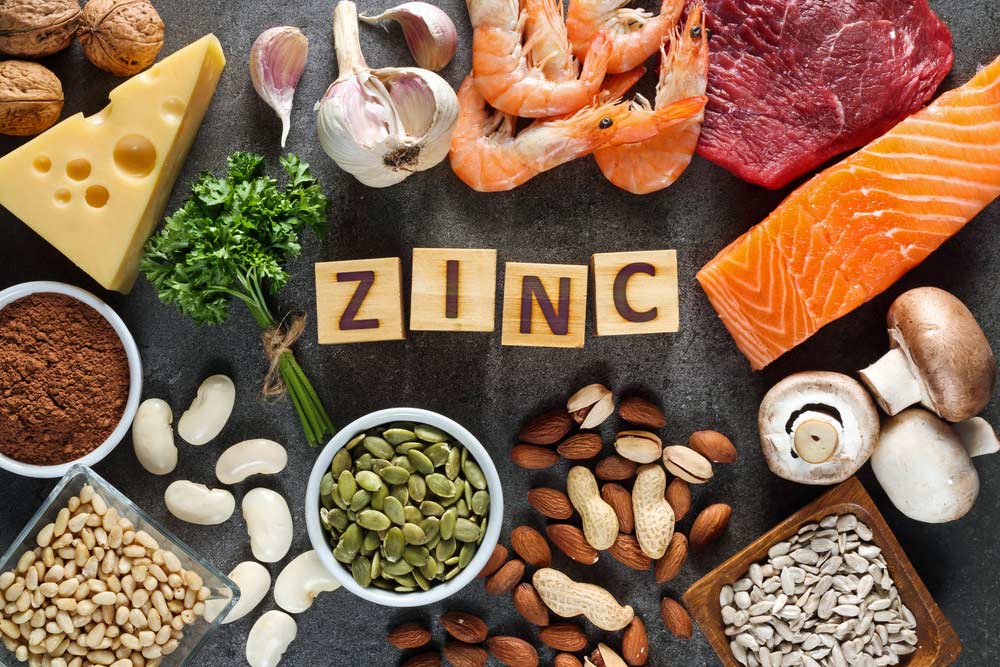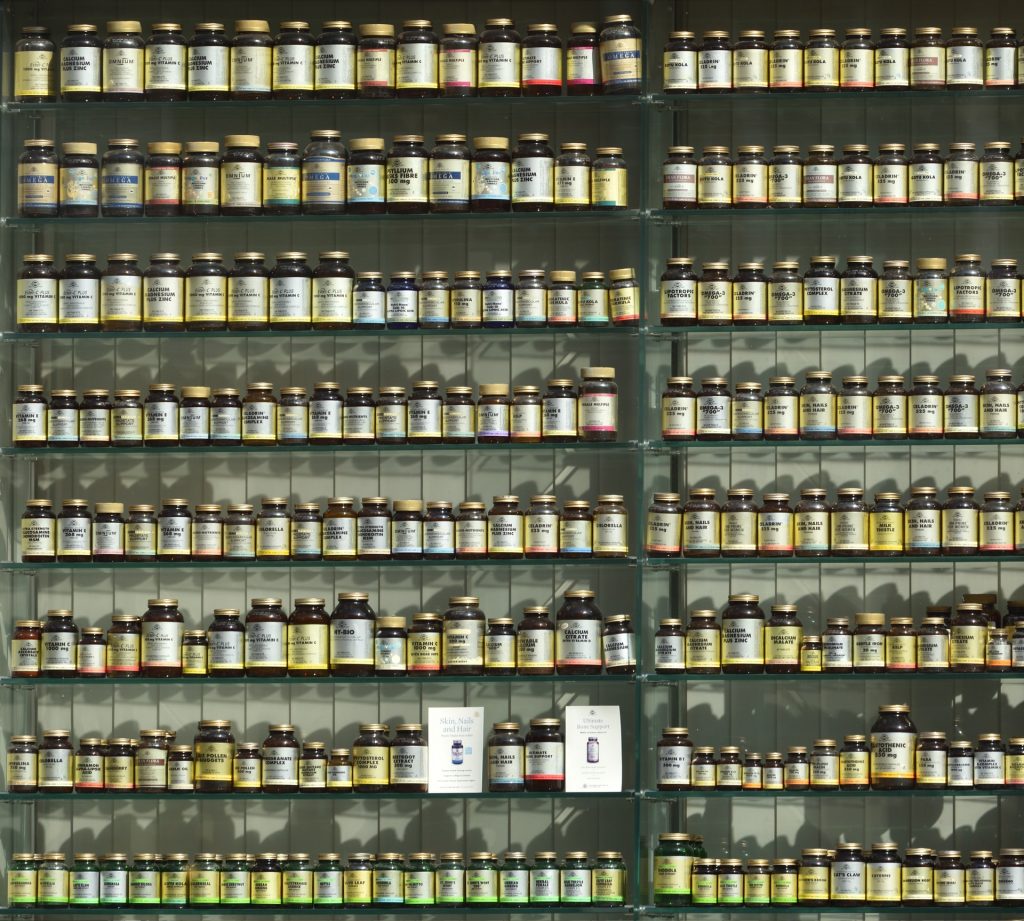Relative Energy Deficiency -RED-S
Relative Energy Deficiency in Sport – or RED-S as it is known – is caused when there’s a negative balance between dietary energy intake and the energy output needed to promote optimal health, performance, growth and daily life. Up until 2014 RED-S was referred to as the female athlete triad – disordered eating, menstrual disturbances …












